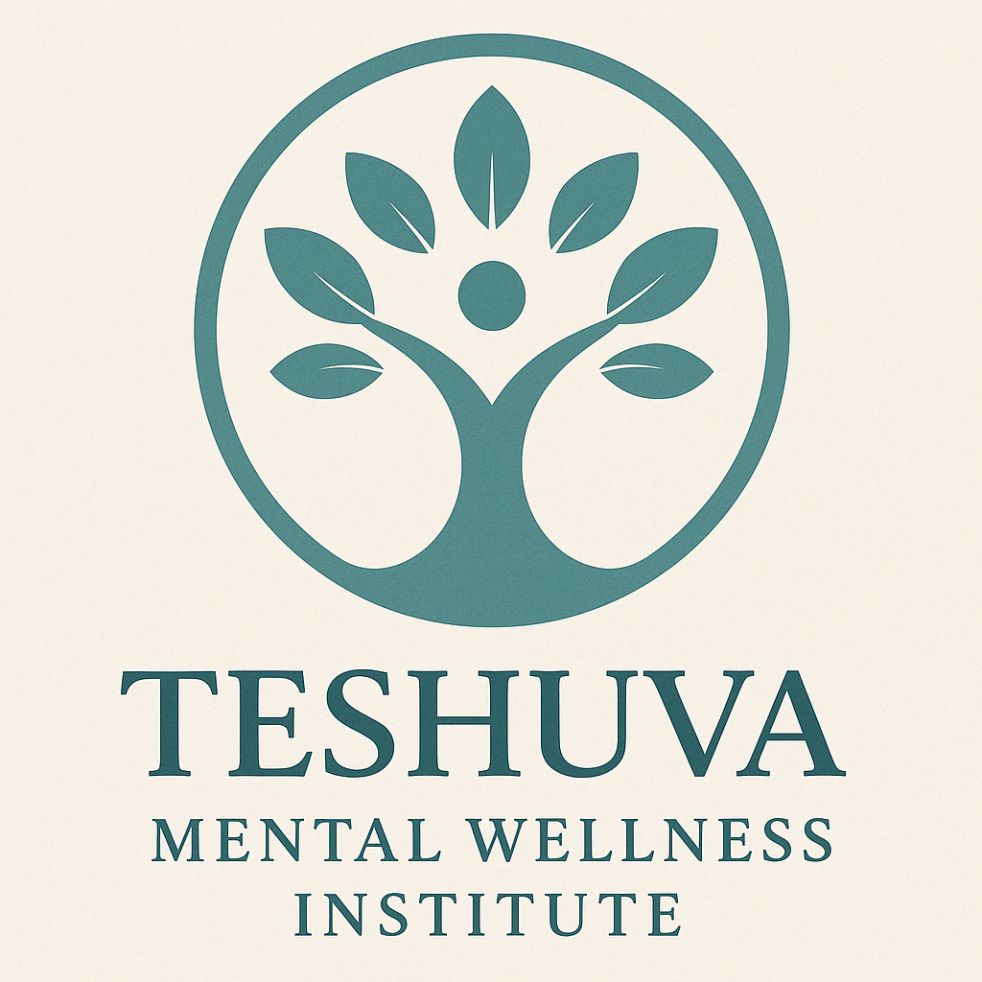Healthy Boundaries: Saying No with Clarity and Confidence
Preserving psychological well-being through effective boundary setting!
In the field of mental health, boundaries are recognized as foundational to emotional regulation, relationship health, and long-term psychological resilience. Yet, many individuals struggle with the practical application of boundaries—particularly the ability to say “no” without experiencing guilt, shame, or fear of disconnection.
This article explores the clinical relevance of healthy boundaries and offers evidence-informed strategies for setting limits while maintaining empathy and relational integrity.
The Psychological Role of Boundaries
In psychotherapy and trauma-informed care, boundaries are not viewed as barriers, but as frameworks that delineate where one person ends and another begins—physically, emotionally, and relationally. They:
Facilitate emotional autonomy
Prevent role confusion and burnout
Promote mutual respect and accountability
Contribute to a secure and differentiated sense of self
Research indicates that individuals with healthy boundary skills tend to report higher levels of self-esteem, lower levels of anxiety, and more stable interpersonal relationships.
The Internal Conflict: Guilt and the Fear of “No”
For many, saying “no” is difficult because of internalized beliefs such as:
“If I say no, I will disappoint or be rejected.”
“Setting boundaries is selfish or unkind.”
“My value is tied to being available or agreeable.”
Such beliefs are often reinforced by early relational dynamics, cultural norms, or religious messages that overvalue self-sacrifice at the expense of self-preservation.
It is important to distinguish between assertiveness and aggression:
Assertiveness is direct and respectful. It communicates needs without diminishing others. Aggression, by contrast, seeks control or dominance.
Self-Assessment: Where Are My Limits?
Mental health professionals often encourage clients to reflect on these indicators of boundary imbalance:
Chronic feelings of resentment or emotional depletion
Difficulty making decisions without external validation
Patterns of people-pleasing, overcommitting, or emotional enmeshment
Guilt or anxiety following moments of self-advocacy
Understanding where boundaries are weak or missing is the first step toward reclaiming emotional autonomy.
Clinical Language for Boundary Setting
For individuals working to develop assertiveness, practicing non-defensive, emotionally regulated scripts is helpful. Examples include:
“I appreciate the opportunity, but I need to decline.”
“At this time, I don’t have the capacity to take that on.”
“That doesn’t align with my current priorities.”
“I’m learning to say no without overexplaining, and I hope you’ll understand.”
Using neutral tone, open body language, and reflective listening skills can reduce tension while reinforcing boundaries effectively.
Therapeutic Framing: Boundaries as Self-Respect
In trauma recovery work, boundary formation is often described not just as a behavioral skill, but as a relational and neurobiological repair process. It involves the ability to:
Regulate one's nervous system in the presence of relational pressure
Distinguish between safety and threat in interpersonal contexts
Assert needs without shame
Reclaim agency after experiences of violation or neglect
Setting boundaries is, therefore, not an act of separation—it is an act of restoration.
Final Reflections
Healthy boundaries are essential to sustainable well-being. The ability to say “no” with clarity and compassion supports long-term mental health, fosters healthier relationships, and reinforces one’s intrinsic worth.
Saying “no” to what harms you is ultimately a “yes” to what sustains you.
Reflective Practice Prompt
What is one area in your life where setting a clearer boundary could improve your emotional health? What would it look like to implement that boundary this week?
📨 To learn more about boundary setting, emotional regulation, and trauma-informed care, contact us at: restoration2025@teshuvamentalhealth.org







